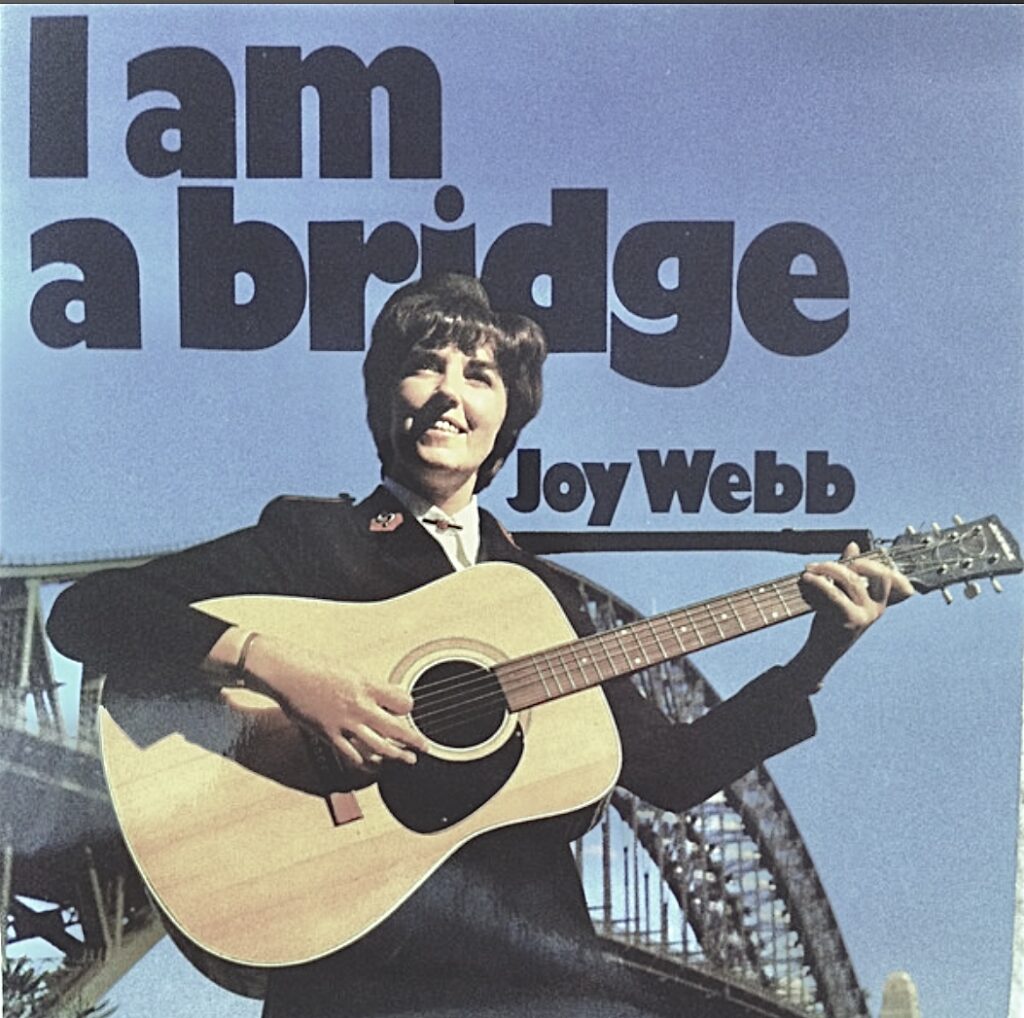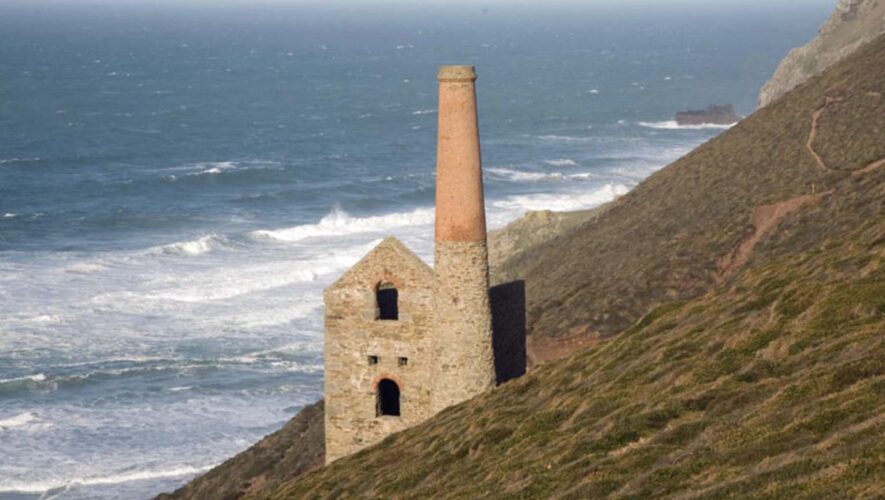My little Gnudren,
“Dydh ha” to you from wintry Cornwall. Old Gnu and Mrs. Gnu have wandered down to Cornwall for a ‘bulsterous’ week by the sea in an isolated spot, Trebarwith, which is located somewhere between Polzeath and Tintagel. They are staying in a building that used to house donkeys that worked the nearby mill. What an honour! Old Gnu feels kindred spirits from the past permeating the fabric. This is a wondrous spot. Old Gnu has been getting into all things Cornish and has found a very helpful website (omniglot.com) to help him think all things Cornish. It provides you with useful everyday phrases such as: “Leun a sylli yw ow skath bargesi” (My hovercraft is full of eels). We all know how evocative and distinctive the Cornish landscape is in parts, not counting the Tesco superstore at Wadebridge.

Old Gnu is minded of the wonderful musical evocation of the spirit of Cornwall in Mr. Malcolm Arnold’s Cornish Dances. If anyone of recent times has a claim to be the national composer of Cornwall, it is Mr. Arnold. In his days as a student at the Royal College of Music he frequently escaped from London to Cornwall for his holidays. Between 1965 and 1972 he lived with his second wife in St. Merryn. He threw himself into the musical life of the county. He was very impressed with the Cornwall Youth Brass Band and composed music for them.

Mr. Arnold himself was one time 1st Trumpet in the London Philharmonic Orchestra. Mr. Waki Pedia tells us that the course of his life was a combination of unpleasantness, failed relationships, depression, suicide attempts, drunkenness, a period in an acute psychiatric ward and many sad things. Many of us have probably had a better emotional start in life. Cornish Dances is a marvellous orchestral work and has the distinction of containing the most brilliant tambourine solo of all time in the whole of the orchestral repertoire.
Old Gnu has to confess that even our great father in God Johann Sebastian never thought to use a tambourine to such great effect in any of his cantatas, the great B Minor Mass or the St. Matthew Passion. Mr. Arnold’s tambourine solo occurs in a movement that sounds remarkably like one of the many Cornish brass bands that exist to the present day down here. (In Port Isaac, during summer, you can listen to the local band paying while eating your fish and chips.) However his use of the tambourine suggests that he might have had a local Salvation Army Brass Band in mind – ordinary Cornish Brass Bands are not noted for their use of the Tambourine. And Captain Joy Webb who quite by accident formed the first Salvation Army Pop Group in the early 60s was certainly partly responsible for making the tambourine an iconic item synonymous with all things musical in the Salvation Army.

But nothing could be further from the truth.
But listen to the recording of Malcolm Arnold (others are not so good) conducting this wonderful piece on You Tube and glory in the subtlety of the Tambourine solo! Old Gnu is in touch with one 21st century composer who is hell bent on writing a tambourine concerto.Mr. Waki Pedia lists two famous and distinguished Tambourine players. Either of these would be a worthy soloist in such a work.


Despite a hard life permeated with sadness Mr. Arnold composed prolifically and he had a wonderful ability to write lovely toons. And despite being told at the age of 62 that he would only live another year, he marched on for another 22 years writing more cheery tunes. Old Gnu considers his music well crafted and beautifully orchestrated, and mostly uplifting. He is much underrated.But left us focus on things Cornish. One authority says, “Cornish fairies are known as piskeys. They like to dance in circles and are full of laughter”. This may give us an insight into recent happenings. When Mrs. S. Gray wrote her report on events at 10 Downing Street over the festive season, did she take into consideration the possibility that a number of piskeys from Cornwall penetrated the hallowed walls of number 10 and piskeyed about breaking all the Lockdown rules?
Vetus Pater Gnu
de Turbinis Cornubiae
VI Mensis Februarius MMXXII

The Padstow Lifeboat, op.94, March for Brass Band was composed in 1967 when Malcolm Arnold was living with his second wife, Isobel, in Primrose Cottage at St Merryn, near Padstow, Cornwall.
The basic musical idea of the work is to have a lively, typically Arnoldian march composed in A flat major disrupted by the D natural note representing the foghorn. The score carries a note: ‘The Padstow Lifeboat has a long and distinguished record. The new lifeboat station is near Trevose lighthouse, whose foghorn varies in pitch between middle C and D. For the sake of musical unity it remains at D throughout the march.’ (Malcolm Arnold Web-Site)